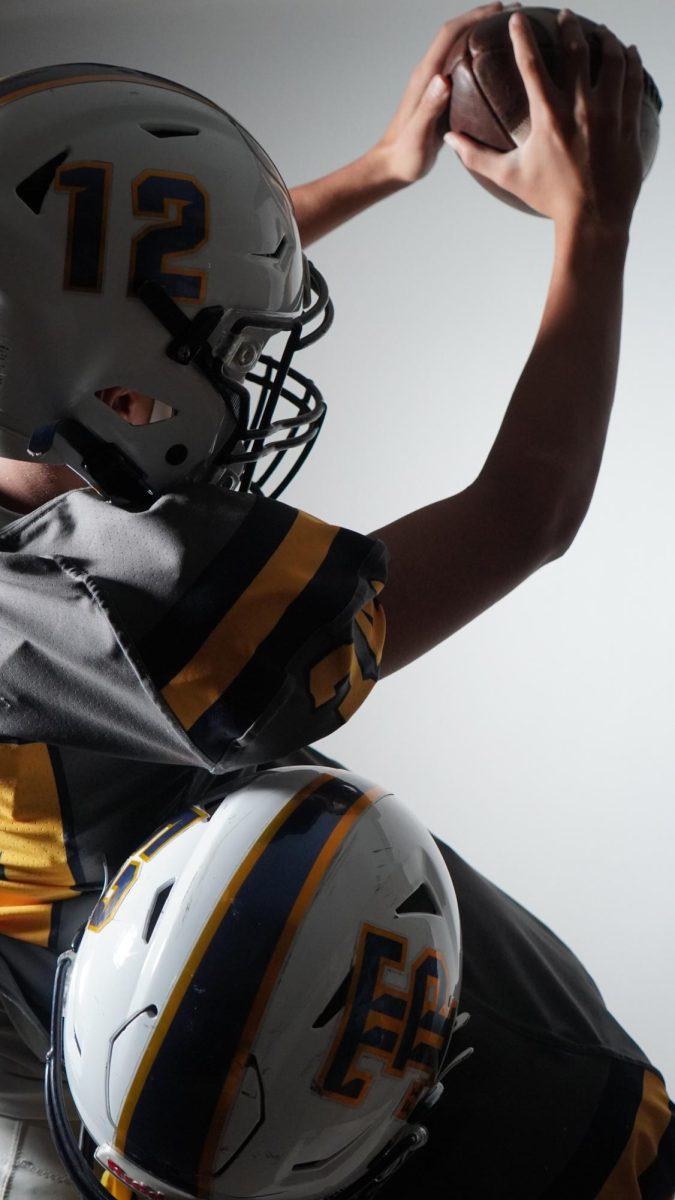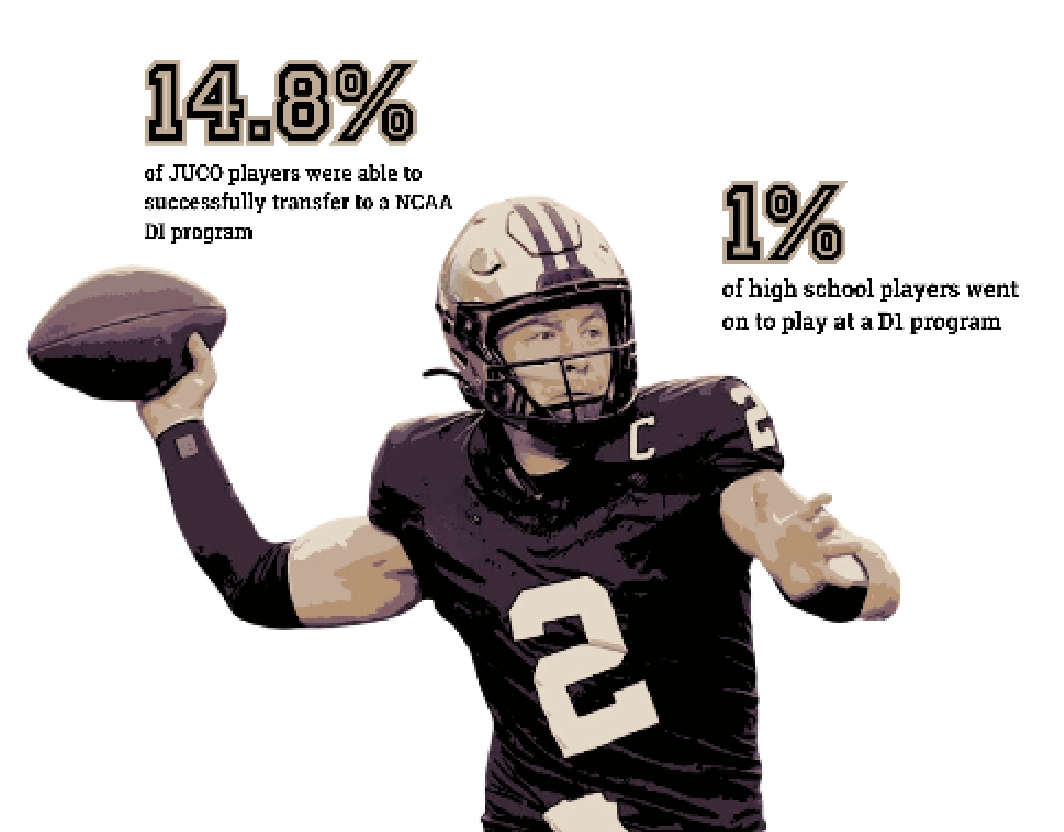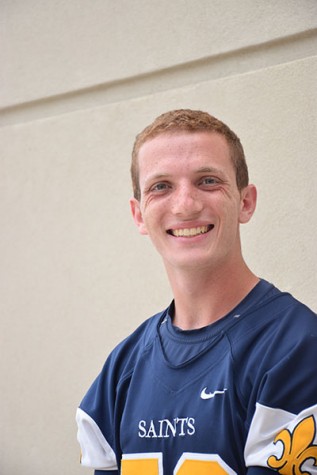On December 12, a video was released of former Rutgers basketball coach, Mike Rice Jr., abusing his players.
The video showed him hurling basketballs at the Scarlet Knights as they ran drills and simulated games. It also showed him grabbing the players by their jerseys and throwing them when they did something wrong. Rice was suspended for three games and fined $50,000 dollars for an incident that seemed much worse than the punishment.
Rice and the Rutgers coaching staff assumed that all of the events had blown over. But, on April 2, ESPN’s Outside the Lines aired the multiple hour video of Rice abusing his players earlier that year. Rice was fired the next day and the president of Rutgers, Robert Barchi, said that there would be an investigation of others sports at the school. This is because Rice made homophobic remarks to the players as well as the abuse.
New Jersey governor Chris Christie spoke publicly about the investigation.
“[Rutgers] was wrong not to come to the conclusion that Coach Rice needed to be fired immediately,” Christie said. He also said that he supported the investigation that Barchi is conducting but criticized the president of not watching the video in December.
Since the incident, assistant coach, Jimmy Martelli, and athletic director, Tim Pernetti, have stepped down. Martelli said in a public statement that he was “sickened that as an assistant coach I contributed in any way to an unacceptable culture.”
For years, schools around the country have been conducting investigations in abusive coaching, but never to this extent. Thankfully, Trinity Prep has never experienced a coach that chooses to treat his players the way Rice did.
Varsity softball coach, Kathy Finucan, and varsity track coach, Amanda Dean, both have similar opinions on this topic.
“What the Rutgers coach did was wrong. Plain and simple. Throwing objects in anger, kicking kids, putting your hands on players, using profanity or sexual slurs on any level is wrong. He should have been fired the very first time an incident like this occurred,” said Finnucan.
Dean had a very similar opinion. “I’m not the type of coach who screams, swears, or calls names,” she said. “Don’t get me wrong, I’ll raise my voice when necessary, or get on a player for not paying attention, but I don’t think athletes generally make mistakes on purpose.”
Though it is customary and acceptable for coaches to yell at players, not all of the school’s coaches choose to do so.
Boys’ track coach, Ken Vinal, says he is “more of a confronter than a yeller. I’ll ask questions to see if they are having a bad day. If someone is goofing off, I may yell at them.”
Confronting players must be customary for track athletes because Dean has the same opinion.
“I never responded well as an athlete when I was yelled at,” she said. “I knew if I screwed up, what I needed from my coach, if anything, was how to fix it.”
Finucan, though, says, “If a player is not giving the effort that I know they can, or they are not thinking, I will yell at them.”
Even though they may seem perfect at times, coaches must look to their role models for guidance. Finucan favors Florida Atlantic University softball coach, Joan Joyce.
“She has withstood the test of time, was one of the greatest softball pitchers of all times, and is a firm believer in teaching the fundamentals of the sport,” said Finucan. Along with being a decorated coach, Joyce was a spectacular player as well. She holds 11 records in softball, including highest batting average (.467), career triples (67) and most consecutive all-star team selections (18).
Chaplain Vinal had a very close relationship with a coach of his past, his father.
Though he never played for his father, Vinal knew exactly what his coaching style was like, he said. “My dad was a coach, primarily basketball, and he was old-school. He never physically did anything to the players but he was very, very tough. He wasn’t like [Mike Rice] where he hit the players. He didn’t do anything like that.”
In addition to their role models, coaches look to their players for motivation.
Dean says that “anytime an athlete comes through adversity, put up a personal best mark, or shows me how much the sport means to them either through words or actions motivates me.”
The school has been lucky enough to employ great coaches who want nothing more than for the student-athletes to succeed in their sport. No “Mike Rice”-like coach has ever walked through the Trinity Prep gates. And as far as the athletic department is concerned, none ever will.














